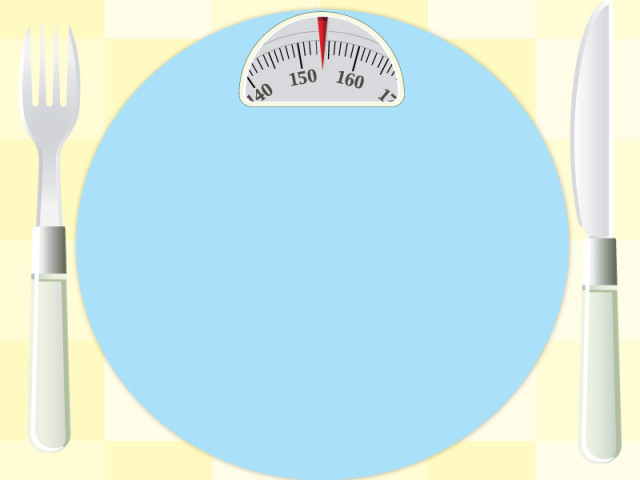Healthy living: To eat or not to eat?
Skipping meals will make you giddy while overeating afterward might not do you any good either.

Healthy living: To eat or not to eat?
Eating incorrectly may result in ineffective workouts; skipping meals can make you feel giddy and lead you to faint during the workout while overeating afterward might not do you any good either. Your body cannot digest a big meal while you are busy exercising, so it is vital to know how much, and what you should eat and when.
Find a healthy balance
A well balanced diet is immensely vital for staying healthy. But it gets even more crucial when you exercise regularly. Chronic diets that limit the intake of certain food groups and fats don’t always give your body the fuel it needs to work out well. Your body requires carbohydrates and protein for muscle build up and a little quantity of good fats to have energy to exercise properly.
Try to incorporate a serving of carbohydrates, such as brown rice, whole-wheat pasta, fruits and vegetables for your pre-exercise meal or snack. Also add a moderate amount of lean protein eg cottage cheese, with a few whole-wheat crackers or a small orange with a hardboiled egg.
Please remember foods that are high in fibre and fats take more time to digest and may lead to stomach problem during workout.
Time it right
You don’t want to work out on fumes. That’s why it is essential to feed on light snacks an hour before you exercise. Always keep some nutritious convenient foods on hand. Breakfast smoothie also makes a quick protein boost and is a great pre-workout snack.
Be wary of meal replacement bars
Most of the power bars are just as good as a candy bar. Look for bars that are low in fats and sugar and have three or four grams of protein and 20 grams of carbohydrates.
Make sure you eat enough
A small amount of snack is enough to boost you up for a 30-minute walk or an aerobic class. If you plan on more intense training or a lengthy workout, add more nutritious foods to your before workout snack to pump up your calorie intake.
Stay hydrated
It is very important to stay well hydrated before, after and most importantly during your workout routine. Drink 18 to 21 ounces of water two hours before you begin to exercise. Then drink 8 to 10 ounces of fluid every 15 to 20 minutes during exercise. Afterwards, drink 18 to 24 ounces of fluid for every pound of body weight lost after the workout.
Replenish yourself afterwards
During a workout routine you use muscle glycogen stores for fuel. Those stores must be replaced for ultimate recovery as well as muscle repair and growth. Having some protein and carbs are the optimal way to do so.
Try to have food within one to two hours of exercise to aid your body recharge. Here are a few foods which strike the right balance of protein and whole-grain carbs:
- Whole-wheat roti with black beans, veggies, grilled chicken and feta cheese.
- A bowl full of oatmeal, skim milk and banana.
- A bowl full of vegetable soup.
- Whole wheat pita filled with sliced turkey, hummus, tomato and lettuce.
Published in The Express Tribune, Sunday Magazine, March 3rd, 2013.
Like Express Tribune Magazine on Facebook to stay informed and join the conversation.



















COMMENTS
Comments are moderated and generally will be posted if they are on-topic and not abusive.
For more information, please see our Comments FAQ